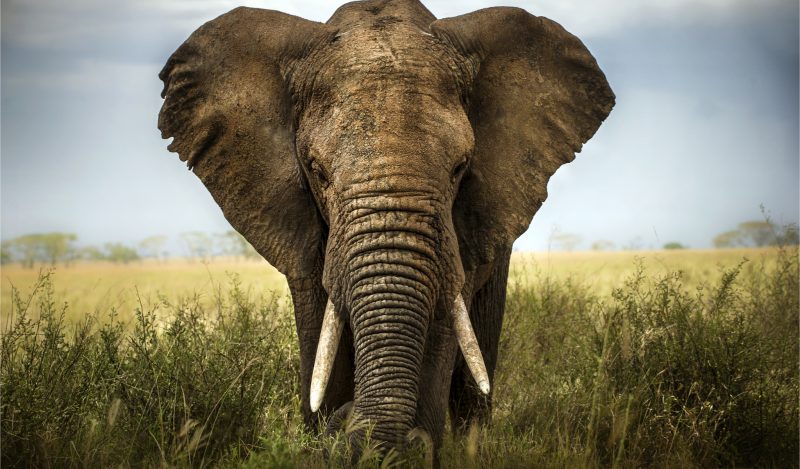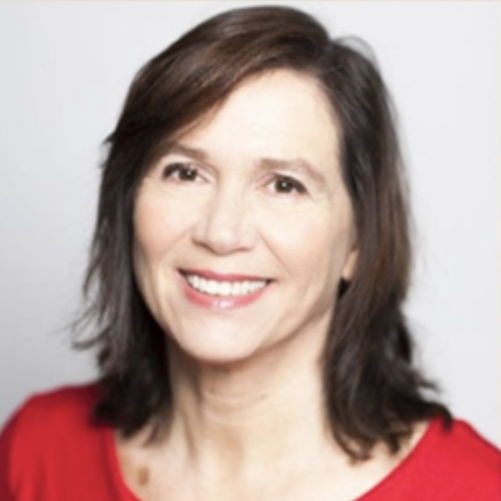For the past two years the world has converged on a single goal: slowing the spread of Covid-19. We have seen curves rise and fall. We have conducted studies and more studies, accumulating mountains of data. We have marshaled our collective ingenuity to develop effective vaccines and treatments.
And yet.
While we have made great scientific progress, we have left our social fabric in tatters. Families and communities are squabbling more than ever before, ripped apart by opposing views about pandemic strategy. While the world’s focus has shifted to the Russian invasion of Ukraine, the pandemic grumbles on and the wounds have hardly healed.
As we step into year three, we urgently need to widen the lens beyond Covid metrics, beyond epidemiology, beyond even science itself. With Covid easing into endemicity, we need to grapple with big-picture concepts like costs, benefits and tradeoffs. We need to ask the tough questions. We need to name the hulking elephants in the room, to lift up their trunks and see what lies beneath. Some elephants for our consideration:Pandemic policy decisions are never just about science—a fact that the “follow the science” arguments have disingenuously ignored. Science gives us information and a method for obtaining more information, but it does not give us a formula for reacting to the information.
Even if the Covid science were perfectly settled, it could not tell us whether and when to put masks on toddlers, close businesses, let grandma have her family celebration, or let people say goodbye to dying loved ones. There is no force of gravity compelling these decisions: they flow from our values, from what we view as reasonable or unreasonable tradeoffs.
Yuval Harari nailed this point in a February 2021 essay for the Financial Times: “When we come to decide on policy, we have to take into account many interests and values, and since there is no scientific way to determine which interests and values are more important, there is no scientific way to decide what we should do.”
You don’t have to be a public health expert to have a valid opinion about pandemic policy. How bad is it to be sick? How bad is it to miss school? “Although we can’t all be experts in epidemiology, we are all equally qualified – and in a democracy, all obliged – to think through those questions ourselves,” notes Stephen John, a senior lecturer in the philosophy of public health at King’s College London, in an article for The Conversation. When weighing in on these fundamental human questions, epidemiologists don’t get more votes than anyone else.
There is no good solution to a pandemic, only “less bad” ones. A policy that benefits one group (like immunocompromised people) may cause greater harm to another group (like schoolchildren). Severe restrictions may protect a greater number of people, but they also have the potential to cause greater harm. There’s no way around it: to pay Peter, we need to rob Paul—and the money may not help Peter as much as we hoped.
After two long years, our political and medical leaders are finally starting to feel safe enough (from angry social media warriors, not from disease) to say this out loud. In a January 21, 2022 tweet, Massachusetts governor Charlie Baker acknowledged “the mental health toll and the futility of over-the-top restrictions when nearly everyone is vaccinated here.”
Around the same time, Saskatchewan premier Scott Moe affirmed, shortly after contracting Covid-19 himself, that he would not impose “harmful new restrictions in Saskatchewan,” citing lack of clear evidence that lockdown measures have reduced hospitalizations, ICU admissions and deaths in other provinces.Discussing tradeoffs isn’t heartless, it’s essential. How much quality of life and mental health do we sacrifice to keep more people alive? What is the healthiest balance between public protection and personal agency? Failing to confront these questions doesn’t make them go away: it only prevents us from making clear-eyed, ethical, and life-affirming decisions.
There is no such thing as zero risk in life. Risks can only be managed, not eliminated. Somewhere along the way, we lost sight of the fact that life has always carried risk: from other diseases, from accidents, from the mere fact of engaging with the world. We need to ask ourselves why we accept the uncomfortably high risks of moving vehicles, yet struggle to accept any Covid risk above zero. We need to reacquaint ourselves with the concept of acceptable risk and draw boundaries that allow us not only to save lives, but to live a little.
The childish insults—from both sides of the fence—have got to go. Seriously. Dismissive terms like “freedumb” or “sheeple” don’t lead to productive dialogue; they just get people more entrenched in their respective positions. We have a lot of healing to do, and we’re not going to get there with schoolyard taunts.
The Covid vaccines may represent a triumph of scientific ingenuity, but their rollout has spawned a level of societal division not seen for generations. We need to understand how this happened, so we don’t make the same mistakes the next time around. (“Anvi-vaxxers are idiots” is not a helpful explanation. Let’s dig deeper: Has communication with the public been sufficiently transparent? Which groups of people feel unheard, and why?)
Blaming people for inadvertently transmitting a highly contagious respiratory virus flies in the face of biological reality and causes tremendous psychological harm. It has left children afraid of “killing” their grandparents every time they step out of the house. In an article titled “The Kids Aren’t Alright,” Ottawa high school teacher Stacey Lance describes how her students have been taught to “think of themselves as vectors of disease,” which has “fundamentally altered their understanding of themselves.” We need to start lifting this burden from our youth.
If you know you have Covid and crash a party, just about all of us would hold you responsible. But if you simply allow yourself to do a little living—for example, celebrating a special event at the Thai place down the street when restaurants are open to the public—and end up catching Covid and giving it to a friend, it’s nobody’s fault. It’s how life works.We cannot expect governments—or other people—to guarantee our safety in perpetuity. Yes, Covid is contagious, and yes, each person’s actions affect the whole. Even so, it’s unreasonable to demand that governments and individuals organize their laws and lives around our comfort levels. We need to shoulder at least some responsibility for our own safety, choosing the level of caution that makes sense for us and for our loved ones.
We also need to accept imperfection: not every single person will follow every rule. We can encourage people to follow public health recommendations, but we can’t bank on full buy-in. My brother, a cardiologist, tells me that he never expects perfect compliance from his patients. He understands that humans have deep and complex motivations for doing what they do. A strategy that depends on perfect compliance is destined to fail.
As Covid stitches itself into the background of our lives, we will need to manage the tension between restrictions and risk. Less risk means more restrictions, and vice versa. We need to have an adult discussion—preferably many discussions—about the optimal balance between the two, with the understanding that not everyone will agree. One person may yearn for a safer world, another for a freer one, and both perspectives deserve a hearing.
If there is a single lesson we can all learn from the past two years, it’s to approach nature with greater humility. Even infectious disease specialist Michael Osterholm, who served on Joe Biden’s Transition COVID-19 Advisory Board and knows more about viral spread than just about anybody on the planet, has admitted that “we have ascribed too much human authority over the virus.”
We’re not fully in charge here. “Much of the ebb and flow of a pandemic cannot be explained by changes in human behavior,” writes David Leonhardt, who has covered the pandemic for the New York Times. “An outbreak often fizzles mysteriously, like a forest fire that fails to jump from one patch of trees to another.” Sometimes, the best we can do is to flex with nature, rather than wage war on it.
Can we look these elephants in the eye? Can we talk about them without hurling insults at each other? We’re well out of practice, but hope springs eternal.
Join the conversation:

Published under a Creative Commons Attribution 4.0 International License
For reprints, please set the canonical link back to the original Brownstone Institute Article and Author.









